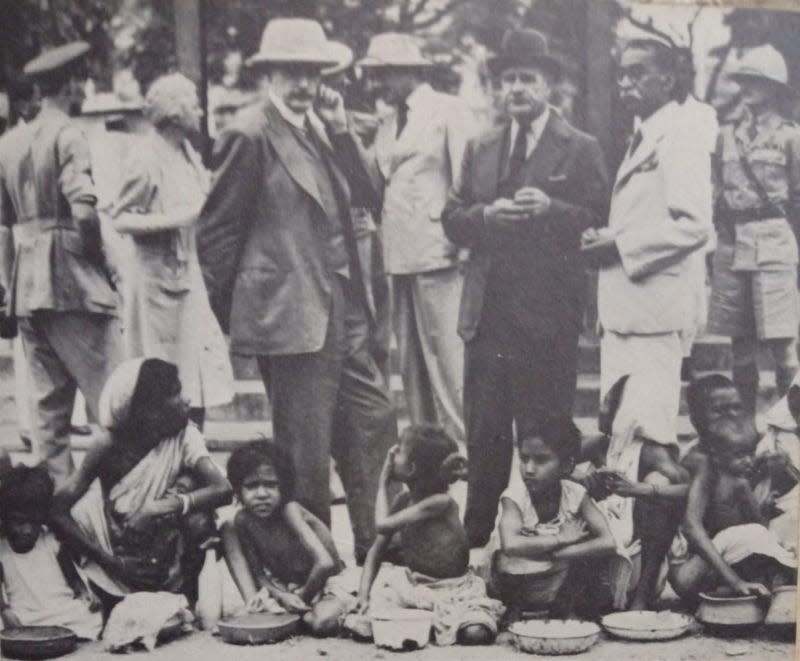Bangladesh’s power crisis is an echo of the 1943 Bengal famine
The power blackout in Bangladesh last week points to how, after all these years, developing countries are still sacrificed at the altar of developed Europe’s needs and future requirements.
On Oct. 5, the power grid failed across “75-80%” of the south Asian country, Reuters reported. “Over a third of the country’s 77 gas-powered units were short of fuel, government data showed.”
Read more
It was so bad that even schools were forced to shut down. And who was to blame? Europe, apparently.
The energy demand in Europe has impacted more than 100 million out of Bangladesh’s 168 million people. Gas supplies meant for Asia are now being diverted to that region more aggressively than ever amid the Ukraine war, skyrocketing fuel prices, and sanctions on Russia.
“Europe is trying to grab every molecule of gas wherever it is available,” Mohammad Tamim from BRAC University in Dhaka told DW.
European dealers are also reportedly looking to stock up for the future.
“They are purchasing everything from current to future gas. And their purchasing power is much higher than that of developing countries. So obviously, countries like Bangladesh, India, and Pakistan have been hit very hard,” according to Tamim.
This is reminiscent of what happened some 80 years ago. Back then, the result was the horrific Bengal famine that killed 3 million.
What happened in West Bengal?
In 1943, most of the region now recognised as Bangladesh and the Indian state of West Bengal was traumatised by the famine.
“Many died by the roadside—witness the skulls and bones which were to be seen there in the months following the famine,” Nobel Prize-winning economist Amartya Sen, who saw the catastrophe unfolding during his childhood, wrote decades later (pdf).
Evidence has by now shown that the tragedy wasn’t caused by drought or adverse climatic conditions but British policies.

Despite warnings against the exhaustive use of Indian food resources, prime minister Winston Churchill’s cabinet reportedly shipped 70,000 tonnes of rice from India in 1943.
“Rice stocks continued to leave India even as London was denying urgent requests from India’s viceroy for more than 1m tonnes of emergency wheat supplies in 1942-43,” according to The Guardian, which cited journalist Madhushree Mukerjee’s study on the subject.
“Churchill has been quoted as blaming the famine on the fact Indians were ‘breeding like rabbits,’ and asking how, if the shortages were so bad, Mahatma Gandhi was still alive,” the daily reported.
India paid a heavy price then. Nearly eight decades later, it is Bangladesh’s turn.

